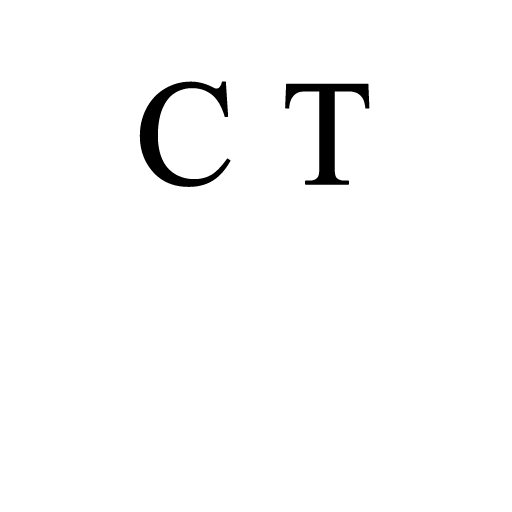Sure, we know, The Guardian, wrong about everything. All the time. And yet it’s still possible to wonder, marvel, at the ability to get things so wrong in just the two paragraphs. Here the subject is farming. There are going to be more people around and thus we might desire to increase the output of food. OK, that’s fair enough. Although the actual background here is that just the normal and ongoing increase in farming productivity will take care of the extra mouths. It’s that we expect these mouths to be in richer societies, ones that have more than turnips as a diet, which leads to the real future food problem.
Where will richer people get that richer diet that richer people get from? That is, it’s a problem stemming – in so far as it is even a problem – from our having got everything else right, peeps are climbing up out of that peasant destitution.
Still, even given all of that this is remarkable so we shall remark:
[perfectpullquote align=”full” bordertop=”false” cite=”” link=”” color=”” class=”” size=””] So we need to find more land to cultivate then? Bringing more land under agricultural production is one answer to filling this gap, but it cannot solve the problem alone. Finding that amount of land in suitable conditions would spell the end for many of the earth’s remaining forests, peatlands and wild areas, and release the carbon stored in them, hastening climate change. Intensive farming has already had a huge effect on biodiversity and the environment worldwide. Pesticides, which have helped boost cereal and fruit production, have also killed bees and myriad species of insects in large numbers. [/perfectpullquote]How dingbat do you have to be to either write or publish that?
No, I’ve not been unfair, I’ve not compressed the piece, excised paragraphs or pages. That really is how they’ve put it.
We need more food, we can’t have more land, but intensive farming is bad? Umm, if we need more food and can’t have more land then how can we have more food if we don’t farm that land we’ve got more intensively? That’s what it actually means, intensive, getting more food from the one piece of land. As opposed to extensive systems like organic which require more land for the same output of food.
Sure, we can have interesting discussions about how we intensify our use of the land, that’s true. But to be against the very concept? While at the same time insisting we must have more output and yet cannot use more land?
So dingbat only in The Guardian.




If “intensive farming” is code for “increased output per hectare” then the developed world’s farmers have been doing this very successfully for the last sixty years. This has also enabled cost reduction in those nations where farmers are not paid to farm inefficiently. Potentially the outcome is more food, better food and cheaper food. The big question now is, does that make sense, or is it whack enough to go in the Guardian?
But the whole purpose of the Guardian is to demand sumptuary laws, where readers and writers of the Graun can have what they wish but the masses are permitted only what The Great And The Good (Guardian writers) say they can have. The same way that it’s fine for the leaders of the Green Blob to fly their private jets to climate change conferences. This article boils down to “poor people should subsist on a starvation diet of turnips so that I can feel good about giving 50p to Oxfam to aid their plight* while feeding my cat organic quinoa”… Read more »
So…… the Guardian is advocating a reduction in population so the existing food supply can be decreased?
‘So we need to find more land to cultivate then?’
Or maybe just stop preventing development of GM crops which are disease, pest, severe weather resistant and have higher yield and require less land.
But then we run the risk of giant, marauding cabbages stalking the landscape.